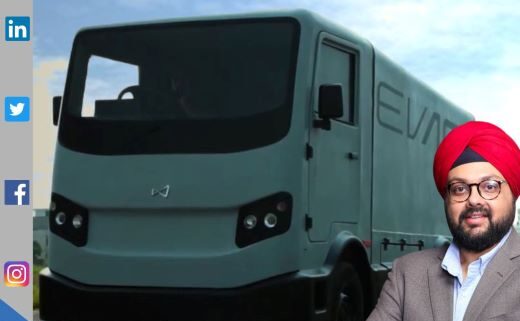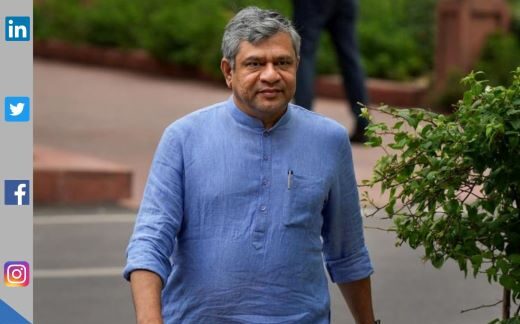Evage Ventures: Transforming India’s Delivery Landscape with Electric Trucks
In recent years, India has witnessed a remarkable shift towards sustainable transportation, and one startup from Chandigarh is at the forefront of this revolution. Founded in 2014 with nothing but a vision, Evage Ventures has… Evage Ventures: Transforming India’s Delivery Landscape with Electric Trucks









